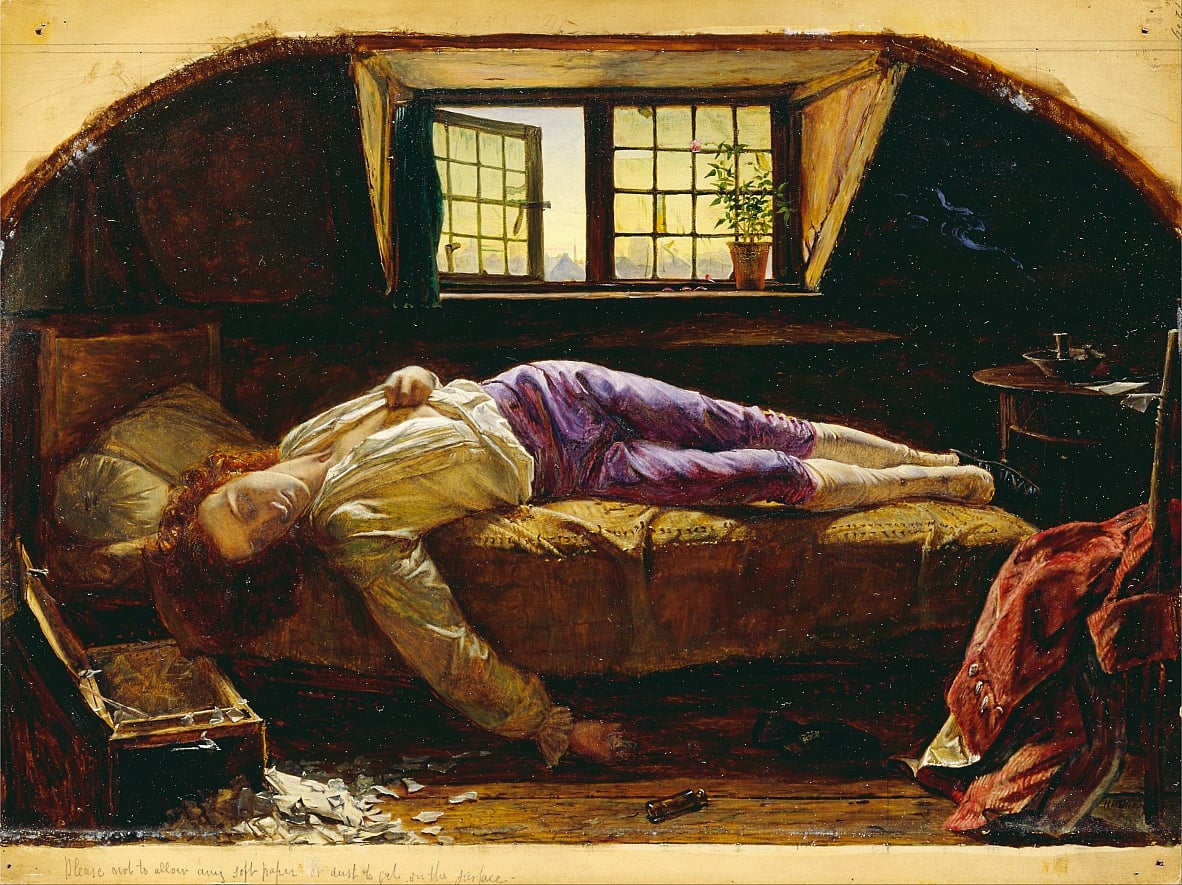CLADE by James Bradley (Penguin, 2015)
Note: plot disclosures.
Climate change. Genetic engineering. ADHD. How to be a parent of teenagers in the twenty-first century. The mysterious worldwide collapse of bee colonies . . . Add a discussion about the Apple Watch, and a list of topics covered in James Bradley’s new novel would read like the front page of The Guardian.
Writing a serious novel that draws overtly on contemporary social concerns is a fraught project at the best of times. To begin with, it can date badly within a few years; issues that consume the chattering classes’ attention soon become out-of-date because of inevitable changes in circumstance or attitude. (When did you last discuss George Bernard Shaw or CP Snow over the dinner table?) There is, too, the thumping drum beat of Good Intentions which all too often drowns out any subtler artistic music. Even Ian McEwan did not escape this trap in Solar, his 2010 comic novel set against a background of global warming.
What to make, then, of Clade, James Bradley’s latest novel, his first since The Resurrectionist (2007). The tale opens with Adam, a scientist at an Antarctic research base, calling his wife, Ellie, from the snow-covered shoreline. They are going through the frustrations of conceiving by artificial insemination. Adam is researching climate change. ‘The planet was on a collision course with disaster,’ we are told. ‘In the United States and India, floods covered millions of square kilometres; in Africa and Europe the heat was becoming ever more intense.’
For some reason I’m reminded of Neville Shute’s On the Beach, unforgettably filmed in Melbourne in 1959. With the rest of the world destroyed in a nuclear holocaust, scientist Julian Osborn (played by Fred Astaire) realises that as soon as winds from the northern hemisphere reach the city, the last humans on earth will die too. Ava Gardener and Gregory Peck’s characters fall tragically in love. Others grab what pleasures they can before taking suicide pills as the radiation clouds approach. The film ends with a dead city: shots of an empty, windswept Swanston St, and a plea for nuclear disarmament. I settled down to read Clade, confidently expecting another tale of human love and tragedy set against an apocalyptic backdrop of climate change.
It’s here that something curious happens. Adam and Ellie have a daughter, Summer. With a turn of a page, time leaps forward and she is a troubled teenager. With a group of friends, Summer breaks into luxurious empty apartments to party as fires rage around Sydney. They take drugs and ransack the owners’ possessions and even their memories. Technology has continued to evolve even as the planet is racked by the effects of global warming. Summer slips on a pair of ’lenses’ and has virtual reality access to the apartment owners’ files and home videos. There is another lurch in time. Years later, Adam is in England to track down Summer and the grandson he has never seen, Noah. Just as he finds her in a remote East Anglian cottage (near Randolph Stow’s final home in Harwich, perhaps), a typhoon smashes into England causing catastrophic flooding. Summer disappears and Adam (by now divorced) takes Noah home to safety in Sydney. Once again, the story lifts off and whirls into the future. Little Noah is now an eminent scientist himself, about to make an astonishing discovery . . .
The effect of these repeated temporal disjunctions is disconcerting, as thought Clade were a literary TARDIS, unexpectedly whirling the characters through time and space into yet more unfamiliar situations. It is also strangely exhilarating, even when characters we are just becoming curious about fall into the slipstream of the story: Lijuan, the Chinese schoolgirl, Amir the mysterious beekeeper, and Meera the dangerously attractive teenage friend of Summer. We quickly learn to delight in the unexpected, while asking ourselves the question every author prays will form in the reader’s mind: What is going to happen next?
Another pleasure in Clade is the deft handling of how to describe future developments in technology. How easy this is to get wrong, falling into the trap of over-describing and revelling in self-indulgent sci-fi geekery. Bradley keeps his enthusiasm for the genre on a tight leash so that we barely notice the self-driving cars and virtual reality worlds or ‘vulchies’ into which some the characters escape. In this, it is part of Bradbury’s deft skill at storytelling which carries the novel forward.
Most of all, though, Clade is a profoundly human story, in common with the great dystopian novels. Orwell’s 1984 is not simply about the dangers of totalitarianism. Camus’s The Plague is not about a disease or even the Nazi occupation. Clade, too, is not a polemic about climate change, profoundly concerning as that is. Like any novel worthy of the name, its true subject is how we respond to each other and the world around us: to our evolving relationships, to the inevitable death of ourselves and those we love, to the numberless baffling perplexities of being human – what Nabokov termed as ‘having developed an infinity of sensation and thought within a finite existence’. At the ending of Clade – especially after Noah’s extraordinary discovery – there is an unexpected optimism and exuberance in the infinite variety and possibilities of life. The motif of the bee, so prominent on the cover as well as in the text, comes to mind. Ellie recalls seeing fossils of bees over 140 million years old; they had buzzed around the dinosaurs to collect their pollen, adapting to evolve and survive over unimaginable distances of time until the present. That too must be our future if we are to endure.





Great review Paul. God you write so well. Sounds just like my kind of book too. See you shortly lovie!
M
>